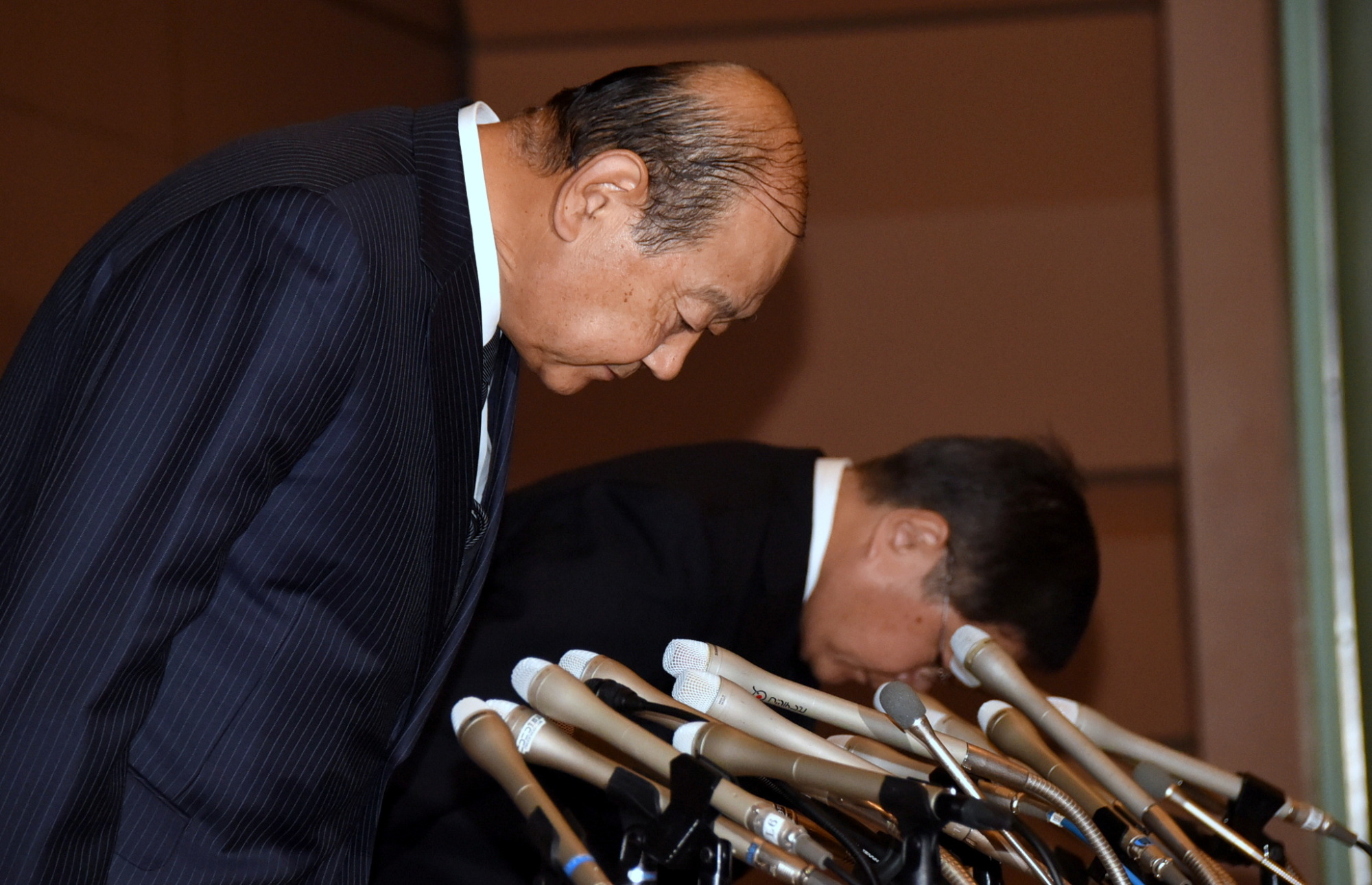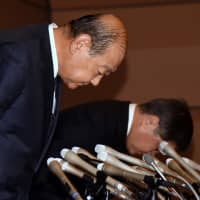Top officials at Showa University admitted Monday that it has identified two improper admission practices that have been carried out at its medical school since six years ago, but denied any discrimination based on gender or age.
One of the practices involved awarding additional points to high school students or those who graduated from high school a year earlier in the second round of entrance examinations when assessing applicants to the Tokyo-based private university's School of Medicine. The other was giving preferential treatment to children or close relatives of graduates from among reserve applicants when considering their outcomes based on second-term exams, they said.
The development came as the education ministry probes irregularities involving the entrance exams of 81 universities with medical schools, following revelations that some admission practices had been rigged to the disadvantage of women and older applicants.
Tokyo Medical University has so far been the only school that admitted there had been gender- and age-based discrimination in its assessment of applicants.
Ryohei Koide, president of Showa University, and Yoshio Ogawa, dean of the university's School of Medicine, apologized Monday at a hastily arranged news conference on campus in Tokyo.
"We were told by the regulatory agency that operations of entrance examinations, which should be fair and just, had not been appropriate," Ogawa said, offering an apology for having compromised the trust of applicants and society. He explained that the two practices had been approved by an in-house admissions commission, and that the institution had not considered them problematic until they were highlighted by the Ministry of Education, Culture, Sports, Science and Technology. Ogawa said the university will set up a third-party committee to examine the matter and consider what action to take to address the issue.




